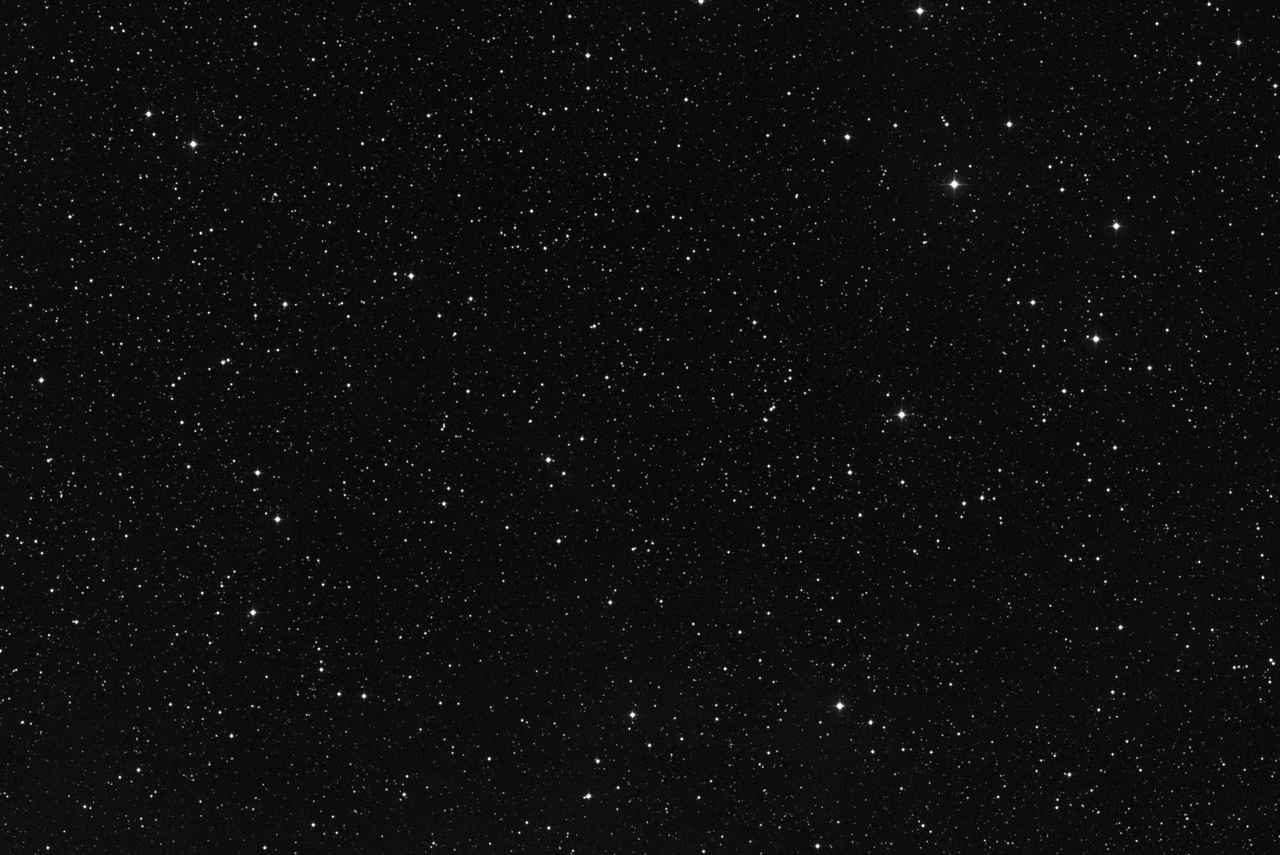Comet C/2023 X1 (Leonard)
Comet C/2023 X1 (Leonard) is in the constellation of Cepheus, at a distance of
Finder Charts
The sky charts below show, at different resolutions, the position of comet C/2023 X1 (Leonard) in the sky. Click on each chart to access the interactive star map tool.
The following map uses photographic imagery from the Digitized Sky Survey (DSS) to realistically visualize the precise position of comet C/2023 X1 (Leonard) against the stars in the background. The horizontal size of the map measures 60 arcminutes. Click on the image to access a more detailed full-screen view.


Equatorial Coordinates
Apparent
J2000
Additional Information
The observed values of Magnitude, Coma Diameter and Tail Length are derived from the most recent observation recorded at the Comet Observers Database. The value of Predicted Magnitude comes from the JPL Horizons ephemerides service and, in the case of comets, might be inaccurate given the highly dynamic and unpredictable behavior of these objects. When available, please refer to the Observed Magnitude value and consider the Predicted Magnitude as a directional indication. We acknowledge with thanks the comet observations from the COBS Comet Observation Database contributed by observers worldwide and used in this table to report recent comet observations.
Rise and Set Times
The following table lists today's rise, transit and set times of comet C/2023 X1 (Leonard) from Nancy (FR) (all times relative to the local timezone Europe/Paris):
If you need to access this information frequently for your observations, you can create a simple customized Quick Access page, so that you can easily bookmark it in your browser favorites or add a shortcut to your mobile phones' home screen.
Distance from Earth
The distance of comet C/2023 X1 (Leonard) from Earth is currently
The following graph shows the distance of comet C/2023 X1 (Leonard) from Earth as a function of time. In the chart the distance is measured in Astronomical Units and the data is sampled with an interval of 1 day.
Note: The values in this chart may not be entirely accurate around the time of closest approach for objects passing very close to Earth at high speed (e.g., Near-Earth Objects).
The value of the distance of C/2023 X1 (Leonard) from Earth is also available as a real time updated value in the live position tracker.
Closest Approach to Earth
In the period between January 1, 2000 and December 31, 2099, the closest approach of comet C/2023 X1 (Leonard) to Earth happened on Saturday 23 December 2023 at a distance of 1.025804 Astronomical Units, or 153,458,147 kilometers:
Note: the values for the closest approach are computed with a sampling interval of 1 day.
Light Curve
The following chart shows the light curve of comet C/2023 X1 (Leonard), i.e., its apparent magnitude as a function of time. The curve is calculated using the latest ephemerides provided by JPL Horizons. The magnitude data is sampled with the interval of 2 days. Because of this sampling, inaccuracies may occur for objects that have large variations of brightness over a few days. For comets, large discrepancies can arise between the calculated brightness and the observations due to their highly dynamic, and not always precisely predictable, behavior.
Orbital Elements
The following table lists the orbital elements of comet C/2023 X1 (Leonard) at epoch December, 06 2023 00:00 UTC (JD: 2460285.5). Source: JPL Small-Body Database
| Element | Symbol | Value |
|---|---|---|
| Orbit eccentricity | e | 1.00088038 |
| Orbit inclination | i | 110.63600600° |
| Perihelion distance | q | 0.95414015 AU 142,737,335 km |
| Aphelion distance | Q | n.a. |
| Semi-major axis | a | n.a. |
| Orbital period | period | n.a. |
| Date of perihelion transit | Tp | October 18, 2023 2,460,235.8157 JD |
| Argument of perihelion | peri | 321.88728060658° |
| Longitude of the ascending node | node | 137.10488531173° |
| Mean anomaly | M | 0.0013724966610002° |
| Mean motion | n | 0.00002762°/day |
Orbit Visualization
The following chart is a 3D animated visualization of the orbit of comet C/2023 X1 (Leonard) relative to the other major objects in the Solar System. You can access more advanced features using our 3D Solar System Viewer.
15 Days Ephemeris
The following table lists the ephemerides of comet C/2023 X1 (Leonard) computed for the past and next 7 days, with a 24 hours interval. Apparent celestial coordinates are provided.
| Date | Right AscensionR.A. | DeclinationDec. | MagnitudeMag | Constellation |
|---|---|---|---|---|
| Jul 05 2025 | 22h 47m 01s | +70° 38’ 24” | 29.92 | Cepheus |
| Jul 06 2025 | 22h 46m 00s | +70° 42’ 46” | 29.92 | Cepheus |
| Jul 07 2025 | 22h 44m 58s | +70° 47’ 00” | 29.93 | Cepheus |
| Jul 08 2025 | 22h 43m 54s | +70° 51’ 08” | 29.94 | Cepheus |
| Jul 09 2025 | 22h 42m 48s | +70° 55’ 09” | 29.94 | Cepheus |
| Jul 10 2025 | 22h 41m 41s | +70° 59’ 04” | 29.95 | Cepheus |
| Jul 11 2025 | 22h 40m 32s | +71° 02’ 51” | 29.95 | Cepheus |
| Jul 12 2025 | 22h 39m 23s | +71° 06’ 32” | 29.96 | Cepheus |
| Jul 13 2025 | 22h 38m 11s | +71° 10’ 04” | 29.96 | Cepheus |
| Jul 14 2025 | 22h 36m 57s | +71° 13’ 30” | 29.97 | Cepheus |
| Jul 15 2025 | 22h 35m 43s | +71° 16’ 47” | 29.97 | Cepheus |
| Jul 16 2025 | 22h 34m 26s | +71° 19’ 57” | 29.98 | Cepheus |
| Jul 17 2025 | 22h 33m 09s | +71° 22’ 59” | 29.99 | Cepheus |
| Jul 18 2025 | 22h 31m 50s | +71° 25’ 52” | 29.99 | Cepheus |
Additional Resources on TheSkyLive
- Comet C/2023 X1 (Leonard): Complete reference information on TheSkyLive.com.
- Where is comet C/2023 X1 (Leonard)?: Key information on where to find comet C/2023 X1 (Leonard) in the sky.
- Distance of comet C/2023 X1 (Leonard) from Earth: Find out how far comet C/2023 X1 (Leonard) is from Earth right now.
- How Bright is comet C/2023 X1 (Leonard)?: Current visual brightness (magnitude) and apparent size.
- Rise and Set Times: Rise and set times of comet C/2023 X1 (Leonard) from your location.
- Interactive Sky Map: Planetarium-style interactive visualization of comet C/2023 X1 (Leonard)'s position in the sky.
- Live Position Tracker: High precision real time tracker of comet C/2023 X1 (Leonard)'s position using deep space imagery.
- Ephemeris: 15 days comet C/2023 X1 (Leonard)'s computed ephemeris.
- Orbital elements: Information about comet C/2023 X1 (Leonard) orbital parameters.
- Orbit Visualization: 3D interactive visualization showing the orbit of comet C/2023 X1 (Leonard) with respect to the major Solar System objects.











